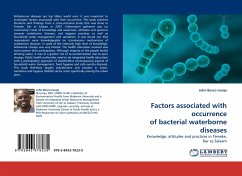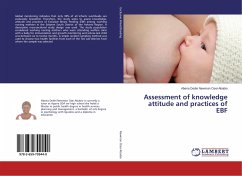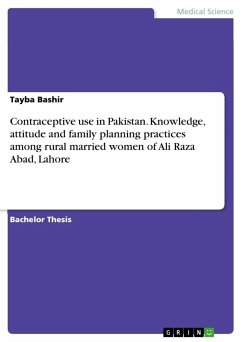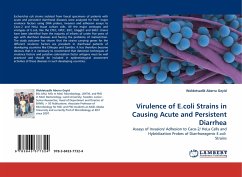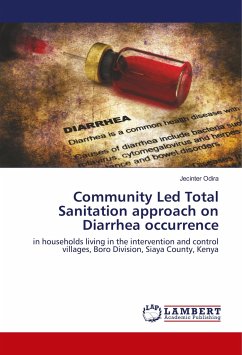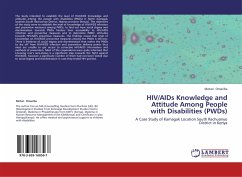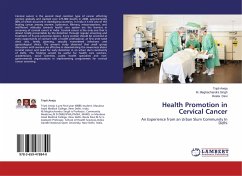Waterborne diseases are top killers world over; it was important to investigate factors associated with their occurrence. This book presents literature and findings from a cross-sectional study that was done in Temeke, Dar es Salaam in 2007. Information gathered was on community's level of knowledge and awareness, attitudes and opinions towards waterborne diseases, and hygiene practices as well as household water management and sanitation. It was found out that respondents were knowledgeable on transmission mechanisms of waterborne diseases. In spite of the relatively high level of knowledge, behavioral change was very limited. The health education received was more passive than participatory. Although majority of the people boiled drinking water, it was at a greater risk of re-contamination due to poor storage. Public health authorities need to do integrated health education with a participatory approach of stakeholders encompassing aspects of household water management, food hygiene and safe excreta disposal. This book therefore targets practitioners and scholars in water, sanitation and hygiene (WASH) sector more specifically among the urban poor.
Bitte wählen Sie Ihr Anliegen aus.
Rechnungen
Retourenschein anfordern
Bestellstatus
Storno

